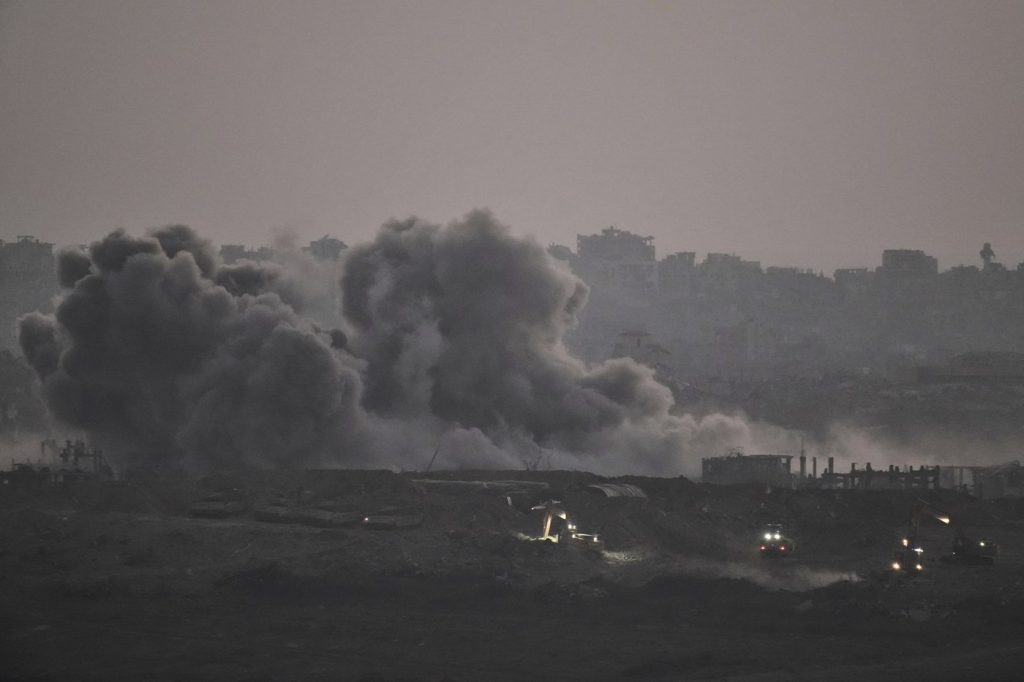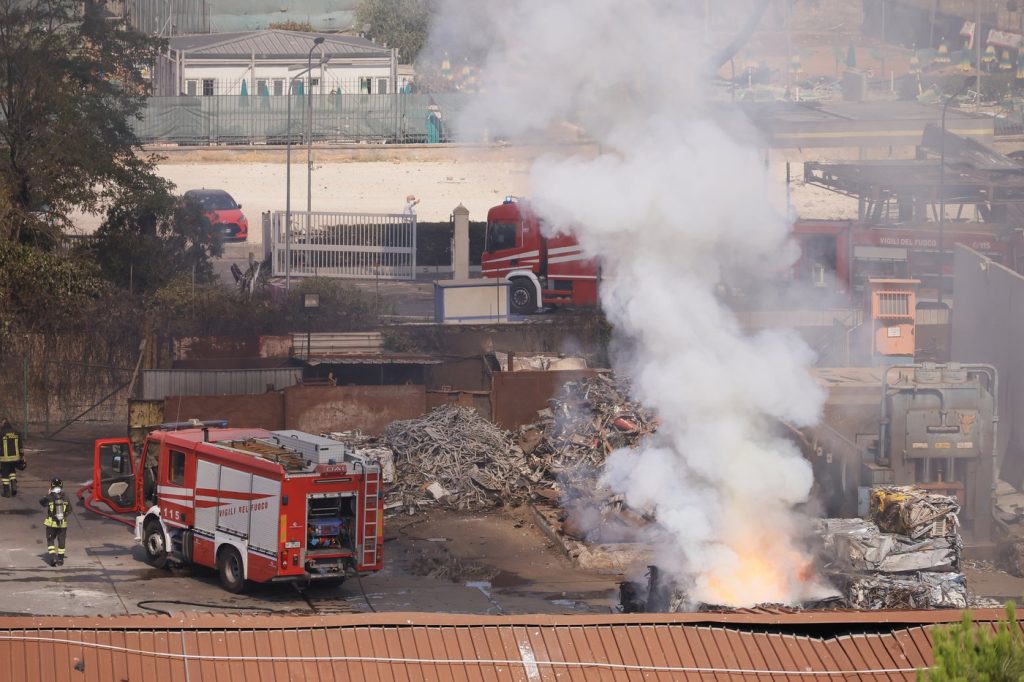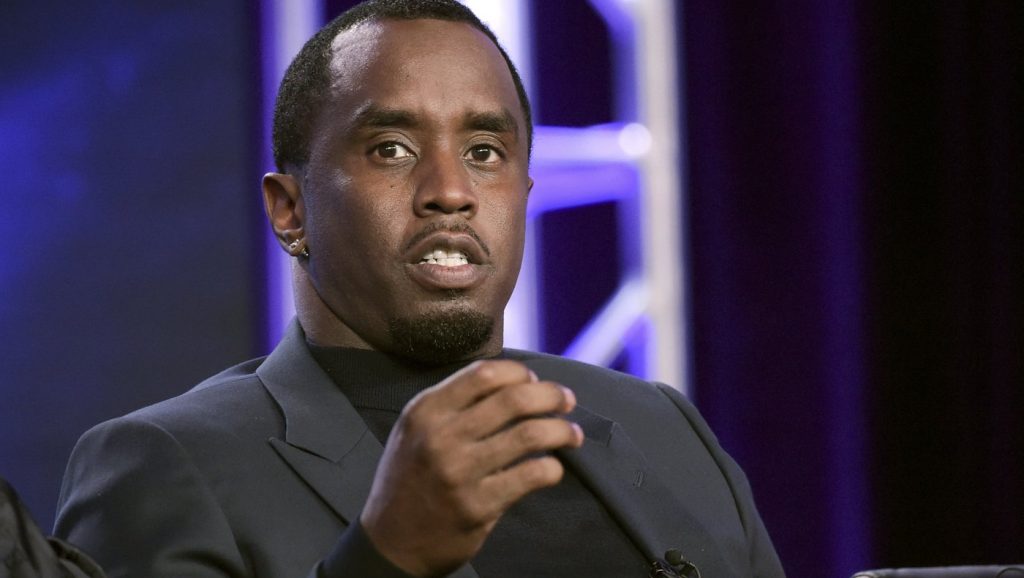DEIR al-BALAH, Gaza Strip (AP) - Hamas announced on Friday that it has given a "positive" response to a proposal for a ceasefire in Gaza, though it stated that further discussions are necessary regarding its implementation. The announcement raises questions about whether Hamas has accepted U.S. President Donald Trump's proposed 60-day ceasefire, amidst ongoing violence that has persisted for nearly 21 months.
According to Hamas, they are seeking assurances that the initial truce will ultimately lead to a complete cessation of hostilities. President Trump is actively advocating for an agreement and plans to meet with Israeli Prime Minister Benjamin Netanyahu at the White House next week to discuss the ceasefire proposal.
Hamas's declaration coincides with reports of Israeli airstrikes that claimed the lives of 15 Palestinians in Gaza, while an additional 20 people reportedly died in shootings as they sought humanitarian aid. The United Nations human rights office highlighted the dire situation, reporting that 613 Palestinians have been killed in the past month while trying to access aid, with most fatalities occurring near food distribution points operated by an Israeli-supported American organization, while others died while waiting for aid trucks linked to the U.N. and other humanitarian entities.
Trump stated on Tuesday that Israel had agreed to terms for a 60-day ceasefire in Gaza, during which the U.S. would "work with all parties to end the war," urging Hamas to accept the agreement before conditions further deteriorate. In its late Friday statement, Hamas indicated that it has submitted its positive response to mediators from Egypt and Qatar and expressed readiness to negotiate the implementation process.
A Hamas official noted that the ceasefire could commence as early as next week, conditional on discussions regarding the release of Palestinian prisoners in exchange for Israeli hostages and the influx of aid into Gaza during the truce. Hamas is advocating for an increase in aid flow through U.N. and other humanitarian organizations. This official, who spoke on condition of anonymity, explained that negotiations would include efforts toward a permanent ceasefire and a complete withdrawal of Israeli troops from Gaza in exchange for the release of remaining hostages. The official claimed that Trump's administration has guaranteed that the truce would be extended beyond 60 days if required for the negotiations to reach a resolution, although this has not been confirmed by the U.S. government.
Past negotiation efforts have faltered due to Hamas's demand for guarantees that future talks would result in an end to the conflict, while Netanyahu has maintained that Israel must continue military actions to dismantle the militant group. Trump remarked, "We'll see what happens. We’re going to know over the next 24 hours," when queried on whether Hamas agreed to the latest ceasefire framework.
On the same day, at least 20 Palestinians were reported killed while attempting to access food distribution sites managed by the Gaza Humanitarian Foundation (GHF). Witnesses have recounted ongoing shootings by Israeli troops towards Palestinians on their way to these aid sites. The Israeli military has stated that it fires warning shots to control crowds and, in some cases, at individuals approaching their positions. GHF has denied allegations of serious injuries or fatalities at their distribution sites, attributing external shootings to Israeli military jurisdiction.
On Friday alone, reports indicated that 17 individuals died while waiting for aid trucks in eastern Khan Younis, highlighting the desperate situation faced by many trying to secure food amidst the ongoing crisis. Witnesses shared their experiences of being shot at while standing in military "red zones," asserting that they were simply seeking aid.
Amidst escalating violence, the U.N. human rights office is investigating reports of shootings near aid sites but has been unable to assign responsibility for the fatalities. The spokesperson for the agency emphasized that the Israeli military has indeed shelled and shot at Palestinians attempting to reach GHF-operated distribution points.
Additionally, Israel's military confirmed the deaths of two soldiers in combat, bringing the total number of Israeli military casualties since the onset of the war to over 860, including more than 400 during operations in Gaza. The Health Ministry in Gaza has reported that the number of Palestinians killed since the conflict began exceeds 57,000, with more than half of these identified as women and children. This casualty count is based on data that does not differentiate between civilians and combatants.
The ongoing conflict escalated following an attack by Hamas militants on southern Israel, resulting in the deaths of approximately 1,200 people and the abduction of around 250 hostages. The humanitarian crisis continues to unfold amid efforts to negotiate a ceasefire and alleviate the suffering of those affected by the violence.












